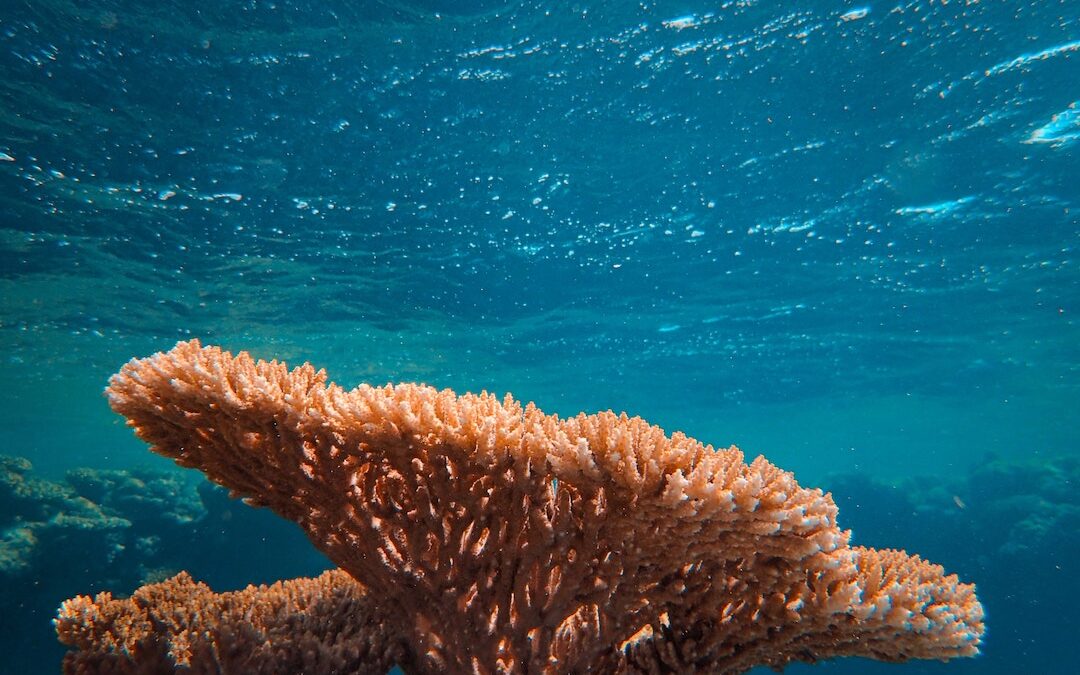Research has revealed that coral reefs are being threatened by increased disease.
According to a new study, coral disease has tripled over the last 25 years. And with rates of infection only predicted to grow, this could have devastating effects for coral populations around the world, and marine ecosystems as a whole.
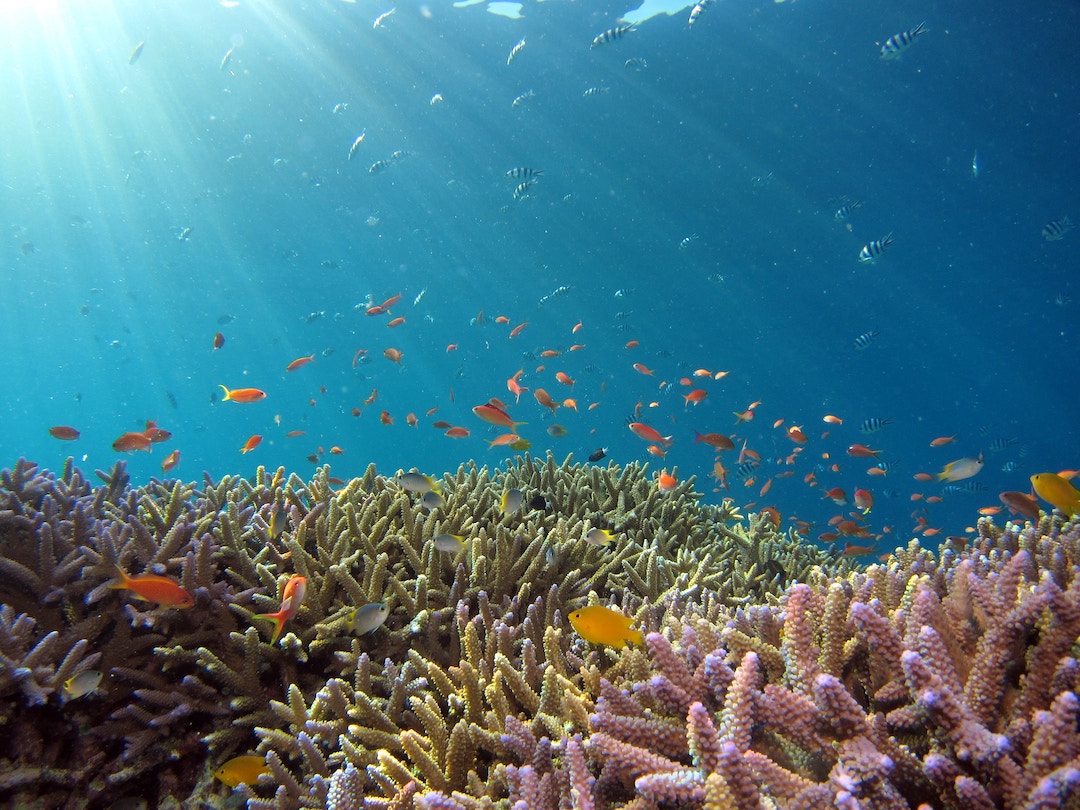
Importance of coral
Coral reefs are a vital part of our oceans. They provide a home to around a quarter of the world’s fish, and protect to marine life from threats including storms, erosion and predators.
Many coastal communities rely on coral to boost their economy through tourism, making it important to humans and animals alike.
When the immune system of coral is compromised, usually due to the presence of a bacteria or fungi, disease often follows. Coral is a fragile ecosystem, and disease can wipe out entire sections of a reef without the possibility of recovery. This is a threat all too common at the moment, with around 9.92 percent of global coral populations reported as being infected by disease.
Similarly, coral needs a certain mix of environmental conditions to grow properly. Living outside these conditions, whether due to increased water temperature or poor water quality, can cause the coral to stress. ‘Stressed’ coral is less able to grow and reproduce, affecting the entire reef. Rising water temperatures also lead to a greater presence of disease-causing organisms.
According to the lead author of the recent study and PhD candidate at the School of Biological Earth & Environmental Sciences, Samantha Burke, “As the ocean warms, it increases coral stress which can decrease its immune response.”
“Increasing temperatures can also create more favourable conditions for the pathogen causing disease.”
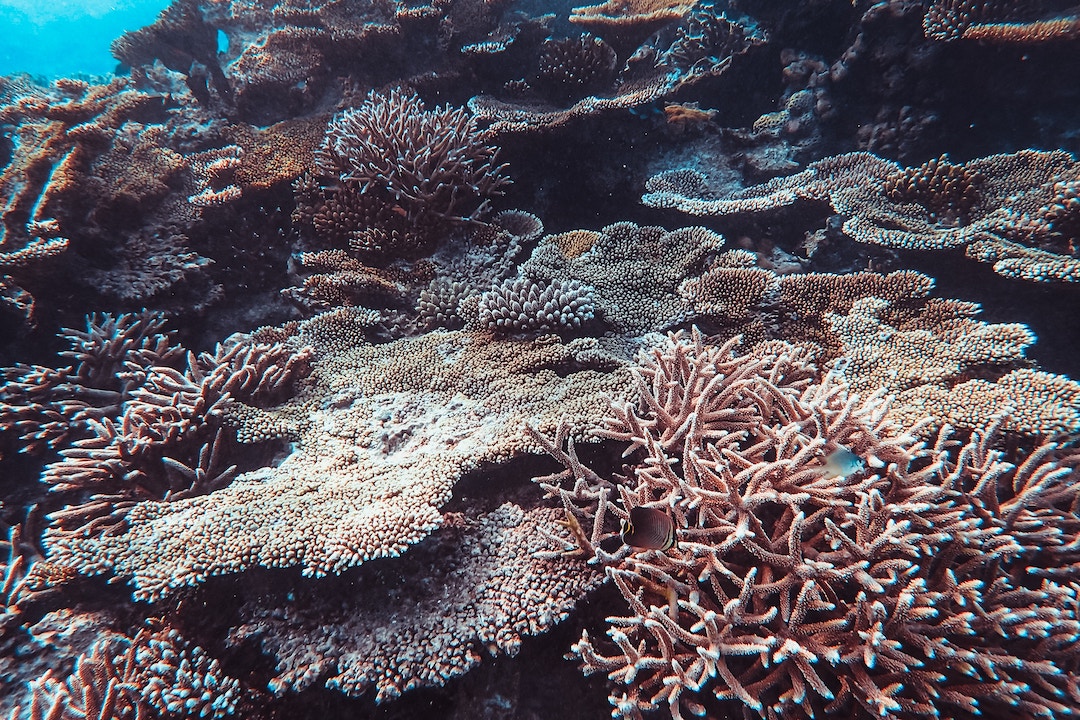
A patch of dead coral
The study
The recent study into coral disease was published in Ecology Letters. It draws a link between climate change and the devastating impact on coral reefs around the world.
Over the course of the research, UNSW scientists analysed 108 studies of coral health. These studies were primarily surveys for disease. The scientists were then able to link rates of disease to the temperature of the ocean, giving them a better understanding of how climate change has influenced the increase of coral disease.
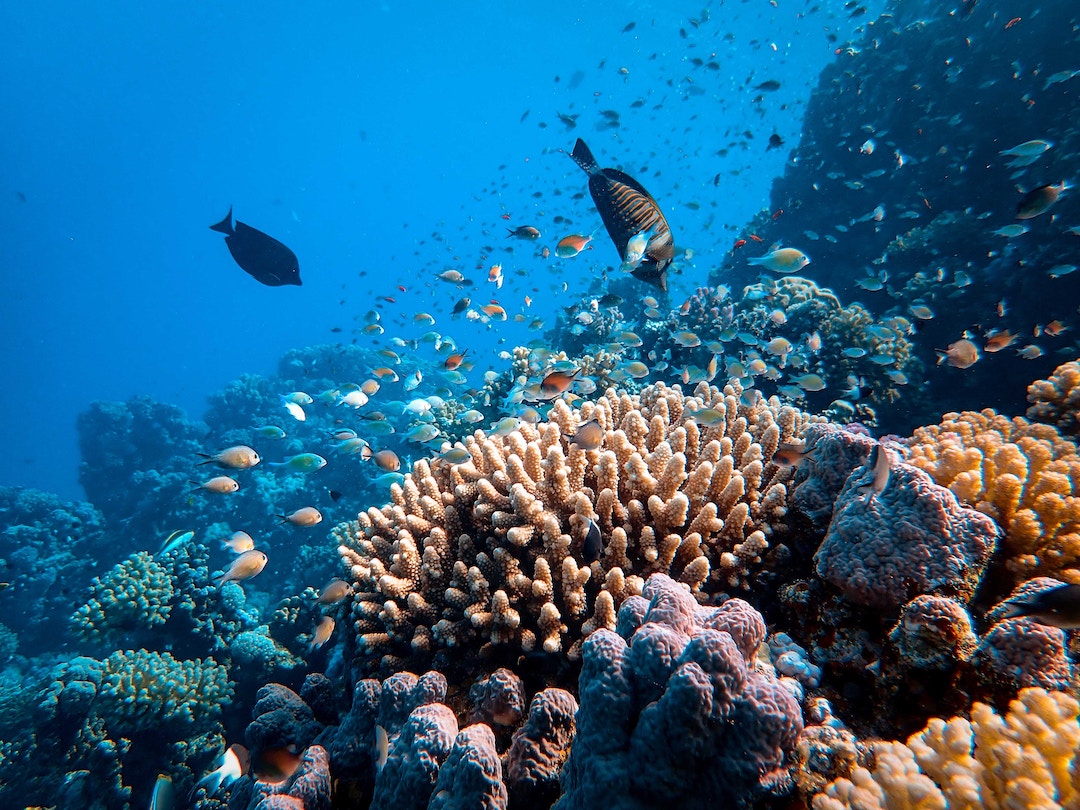
The results
Astoundingly, the report concluded that if temperatures continue to rise at the same rate,
80 percent of coral reefs will be diseased in the next 80 years. This is up from the current rate of 9.92 percent of reefs.
This worrying statistic suggests immediate action needs to be taken if we are to prevent the complete eradication of coral.
“Coral disease is a serious cause of coral mortality globally and reef decline, and our modelling predicts it will only continue to worsen – even if ocean temperatures remain conservative,” says Samantha.
The report also found that disease will continue to increase more in the Pacific Ocean, when compared to the Atlantic and Indian Oceans
“Particular oceans are more at risk, but it’s difficult for us to know whether that is solely from warming ocean temperatures or combined with the many other stressors coral face.”
“But what is clear is that coral disease prevalence is climbing across the globe, and without urgent action to address warming temperatures, more coral will become diseased.”
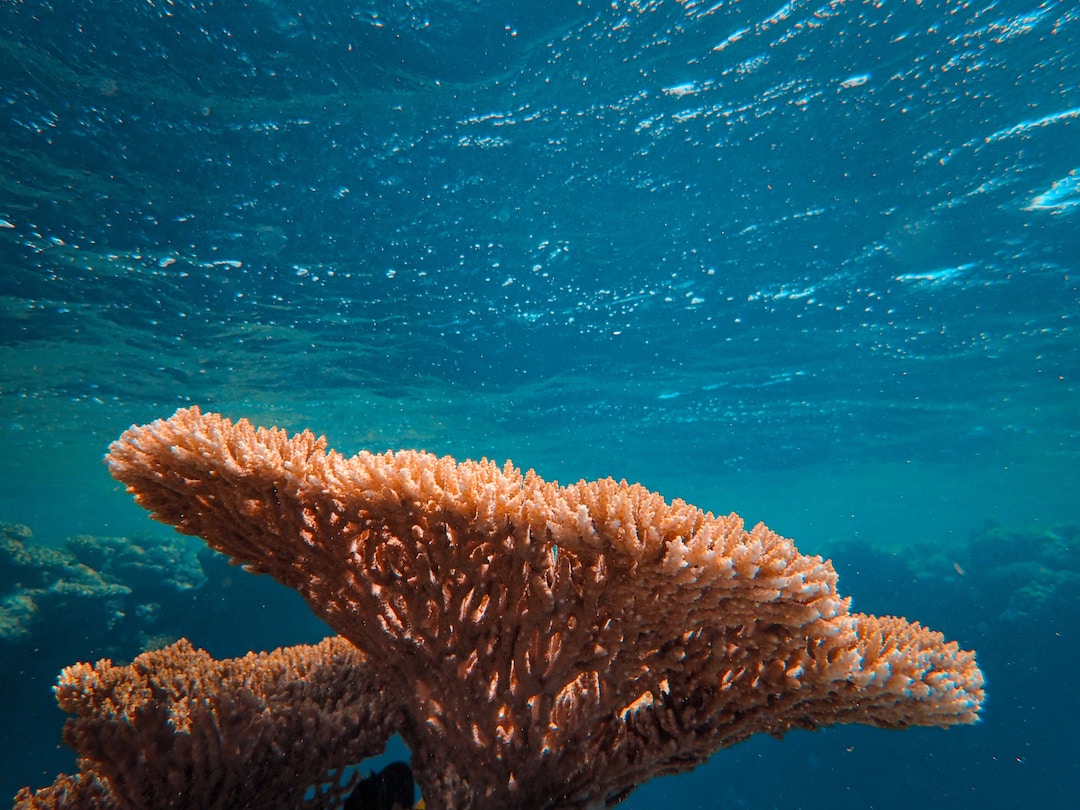
Next steps
While some coral diseases are well studied by marine experts, there are many others that scientists are yet to properly document. In fact, there are a lot of factors when it comes to coral disease that still need to be examined.
“It’s still relatively unknown whether the microbes associated with diseased coral are the cause or a symptom of disease,” says Samantha. “Whether the fungi or bacteria present caused disease or merely feed on the dying tissue is unclear, so researchers need to study it further.”
If more research is undertaken, experts may be able to find possible preventions from further disease, helping to protect these vital ecosystems from extinction.
“Given what’s at stake, we need to take many steps forward to develop effective mitigation strategies, and addressing increasing temperatures would be a great place to start.”
In order to fight against climate change and protect coral reefs, including the ecosystems just off our shores, everyone needs to take part. The researchers believe that strategies for coral conservation need to be implemented immediately if we are to stop this threat in its tracks.
To learn about some coral restoration efforts already underway on Australian shores, click here.

